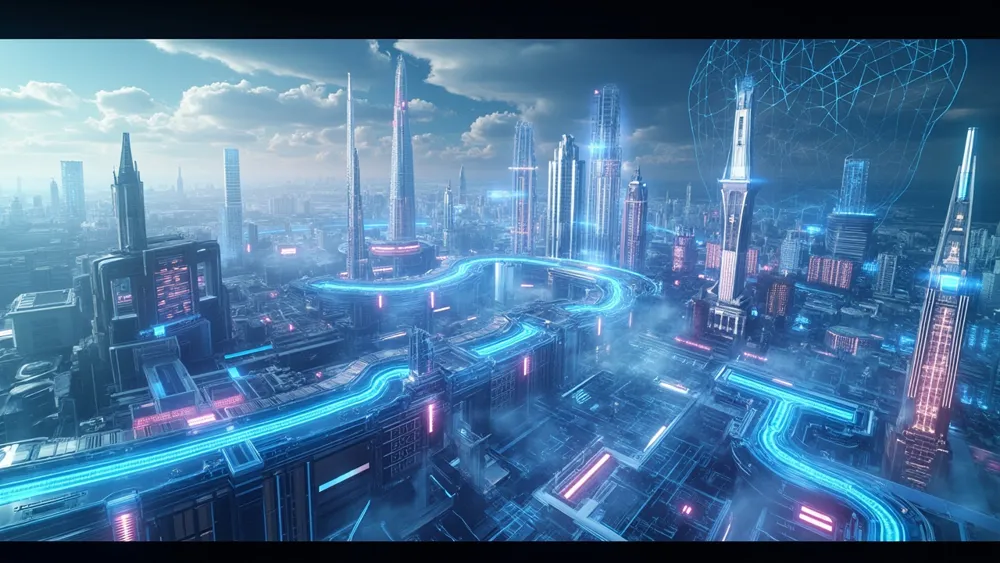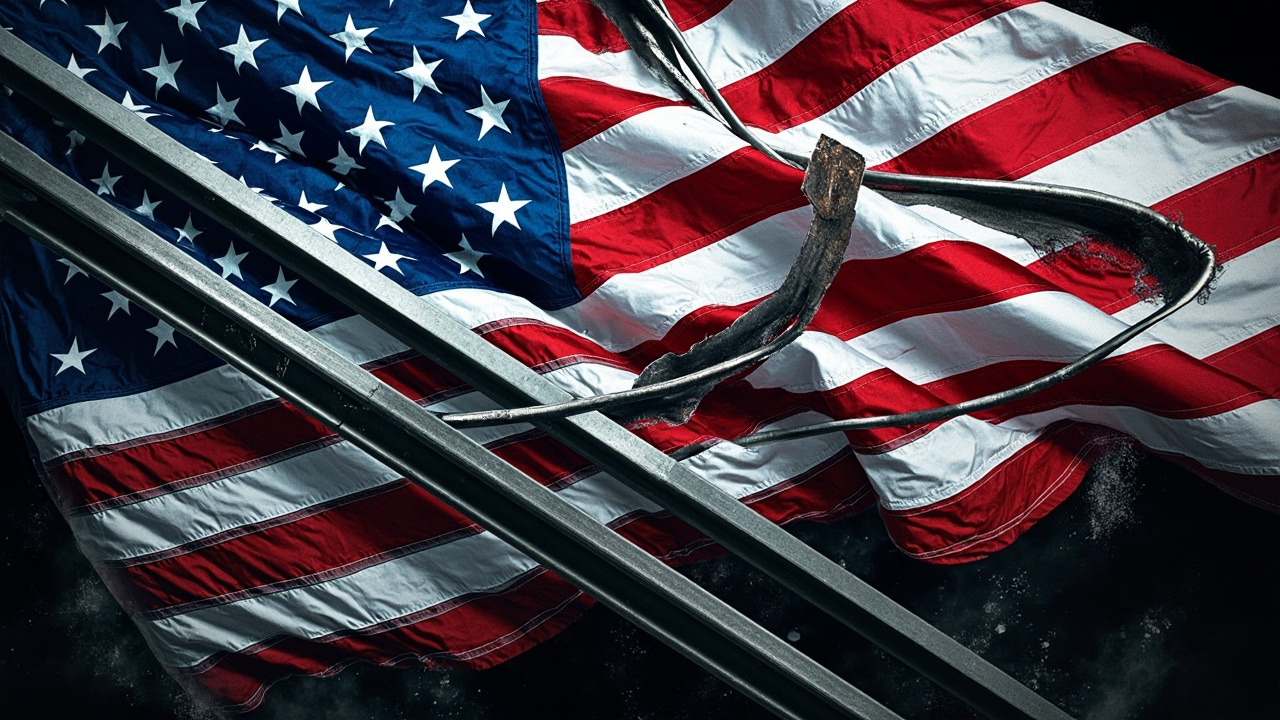Jensen Huang's Europe Tour: Building AI Infrastructure

Nvidia's recent whirlwind tour through Europe, showcased by CEO Jensen Huang, underscores not just the company's cultural cachet but also its strategic positioning in the quickly evolving landscape of artificial intelligence (AI) and semiconductor technology. Huang’s remarks have painted a clear picture of Nvidia as an integral player in establishing AI infrastructure, framing it as essential as electricity, and presenting both challenges and opportunities for the broader European market. This narrative is particularly important given the geopolitical complexities surrounding technology development, especially regarding U.S.-China relations.
Huang emphasized the need for Europe to harness AI's potential through 'sovereign AI,' advocating for localized data infrastructures that reduce dependency on overseas servers. This resonates with a rising European insistence on autonomy in tech operations, signaling a potential shift in investment strategies for local firms. The formation of partnerships, such as that with French startup Mistral to create an AI cloud, exemplifies how tech companies can innovate collaboratively while mitigating risks associated with reliance on external suppliers. This strategic redirection could see European firms enhancing their capabilities, thus directly competing against established American giants like Nvidia.
While Huang remains optimistic about the European market, there are significant challenges, particularly in relation to U.S. export controls on semiconductors destined for China. This is not just a stumbling block for Nvidia—it's indicative of a larger trend where companies unable to penetrate the Chinese market may lose out in a global context. Huang's acknowledgment of China’s developments in AI tech, despite U.S. restrictions, highlights the rapid prowess of alternatives like Huawei. This could lead to a bifurcated tech landscape where nations increasingly look toward domestic solutions, further complicating the competitive terrain for investors. Those heavily invested in Nvidia would do well to assess how these geopolitical dynamics could impact not just Nvidia's market standing but the overall semiconductor market's trajectory.
Read These Next

Anduril Tops CNBC's 2025 Disruptor 50 List Amid Growing Investment in Defense Tech
Anduril Industries has topped the 2025 CNBC Disruptor 50 list, marking a significant trend in the defense tech sector. With increasing defense spending and venture capital focus on military technologies, this growth represents an intersection of innovation and strategic national security. The analysis highlights potential risks and opportunities while emphasizing the need for responsible practices.

U.S. Steel shares surge as Trump approves Nippon takeover with government 'golden share'
The approval of the U.S. Steel and Nippon merger by Trump highlights the intertwining of politics and corporate strategy in the steel industry, raising crucial questions about competitiveness and national security.

China's Home Appliance Trade-In Policy Resumes After Adjustments
China's home appliance trade-in policy extends to 2025, boosting consumer engagement and driving sales nationwide.
